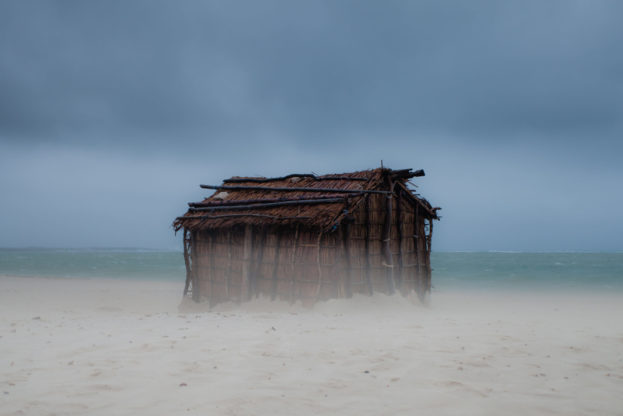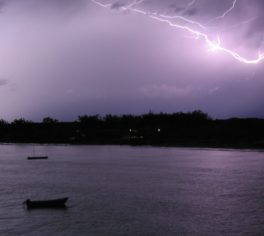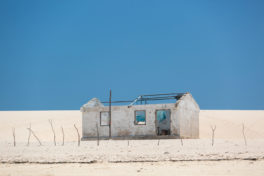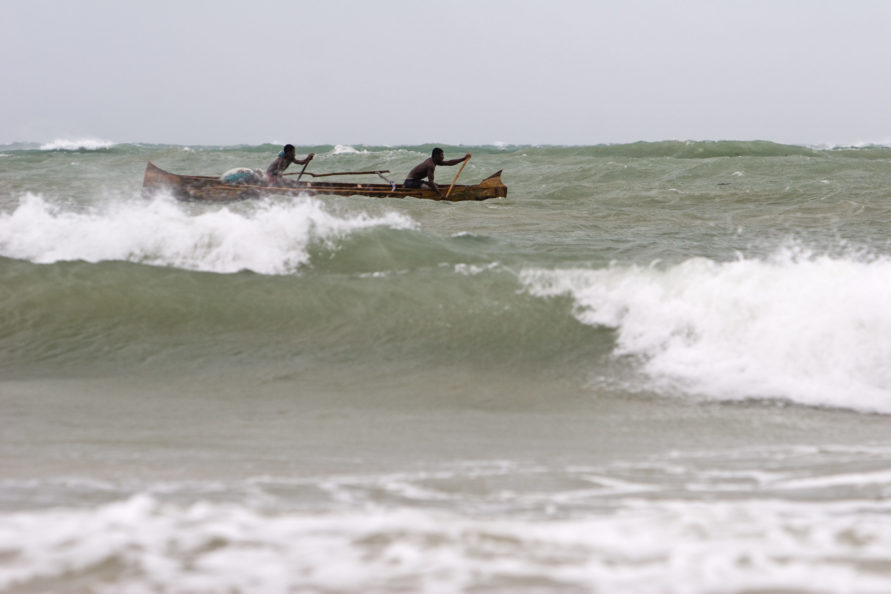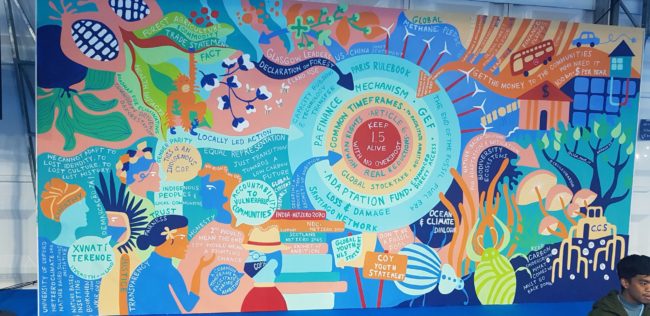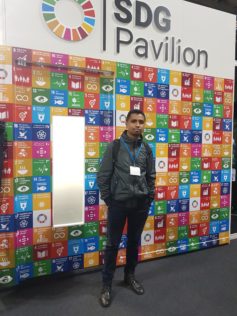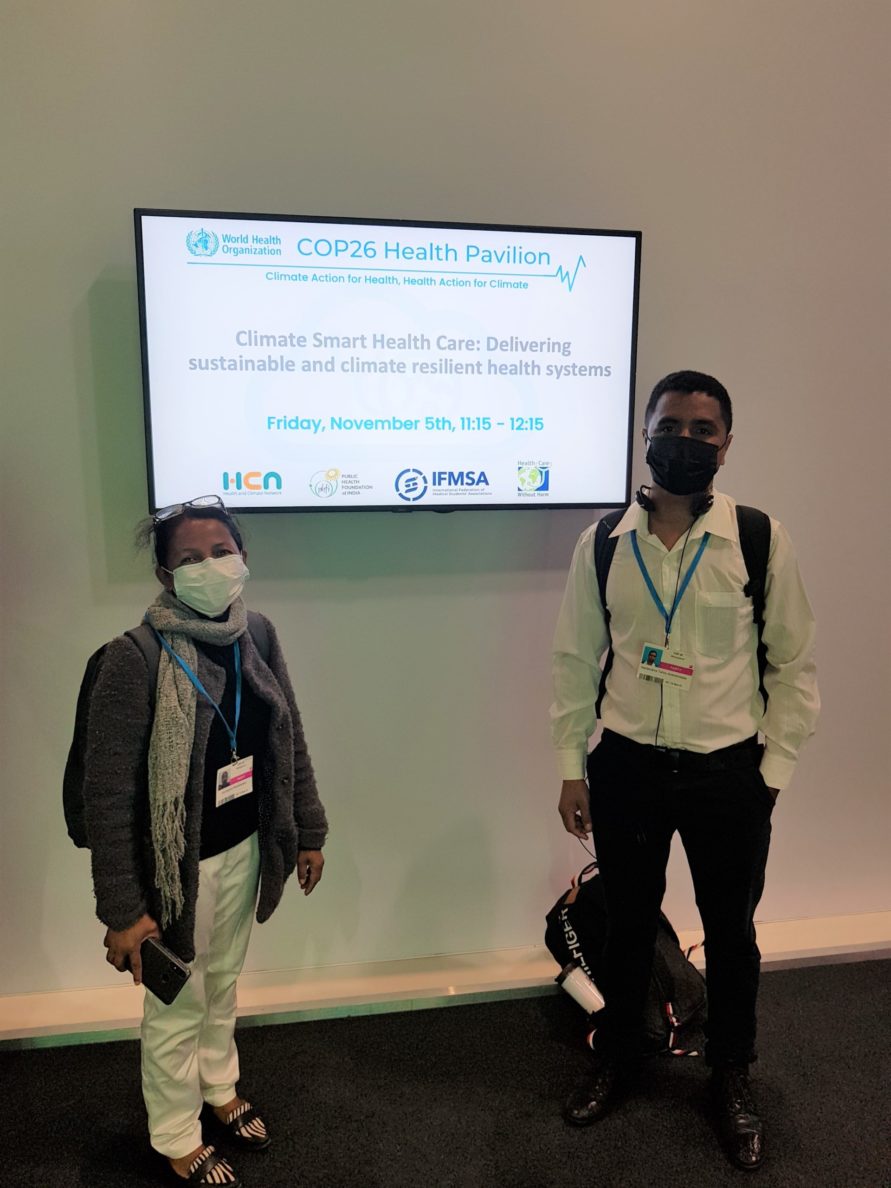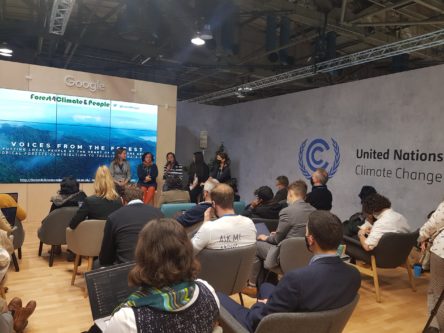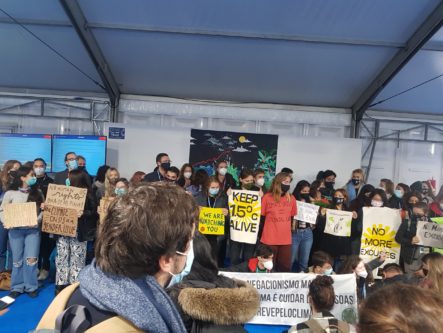Madagascar is my home, and we have just lived through Cyclone Batsirai. More cyclones came after, and there are more to come. We are all affected by climate change, but coastal communities and exposed to diseases. Capping global temperature increase to 1.5°C above pre-industrial levels is essential to our coastal communities’ survival and the natural habitats that support their livelihoods. I couldn’t help but feel concerned and scared as I read about the 26th Conference of the Parties (COP26) theme of reducing the impact of global warming. “Code red” is the warning that Prime minister Mia Mottley of Barbados gave, summarising the problematic situation we face with climate change.
As the Population Health Environment (PHE) network coordinator in Madagascar, I build partnerships between health and conservation organisations to solve communities’ interconnected health and environmental problems. This holistic, cross-sector approach helps the most vulnerable communities become more resilient to manage their natural resources sustainably and increase the protection of their environment. It also helps disaster risk management, women’s empowerment, and gender equality in policy and decision making processes.
The Ministry of Environment and Sustainable Development through BNCC REDD+ (National Bureau for Climate Change) nominated me as a Top 100 conservation leader in March 2021. This nomination came at a perfect time as it allowed me to be part of the Malagasy delegation representing youth and the PHE Network at COP26. It was wonderful to see that the COP26 event highlighted the need for partnerships to create a resilient future. This is something we believe strongly within the PHE Network and a message that the people of Madagascar understand since we face climate change daily. The conference gave prominence to local community voices, nature-based solutions, and human rights-based approaches to climate change. All this aligns with Blue Ventures’ values and works with communities.
COP 26 was the first conference of parties that provided an opportunity to organisations such as Blue Ventures to showcase interventions with an integrated health-environment approach because it had a dedicated health pavilion hosted by the World Health Organisation (WHO).
I saw how the PATH Foundation and other Population-Environment Development (PED) programmes link reproductive health, climate change, and community resilience. This was important as I became aware of more interventions and organisations working in the people-health-environment space. One of the best examples came from a study from Malawi that highlighted the link between rapid population growth and their increasing vulnerability to climate change.
It was great to see health featured prominently at a conference that has previously focused discussions about climate change on nature and the environment. The interest in cross-sector collaboration shows the increasing opportunity for proposing these approaches for resilience programming. I want to convey the vital message that the climate crisis is a health crisis and that addressing health needs should be part of/included in climate actions.
Attending COP strengthened my belief that our PHE network in Madagascar will grow into a much more extensive and universally relevant network. I see how health and climate-related issues are connected and require urgent, multifaceted solutions. Through initiatives like the Green Climate Fund, I will advocate for health-environment partnerships to get the necessary resources to address the crosscutting challenges of poor health, environmental degradation, and vulnerability to climate change.
I believe we are ready to seek more support for home-grown solutions and innovative approaches to support climate change adaptation and resilience in developing countries, for example, through health-environment partnerships. We look forward to advocating for the wider adoption of multisector practices at the 27th COP event in Egypt in November 2022.
I hope that more communities will benefit from this holistic approach to conservation in my country. Improved community health and increased community resilience to climate change will encourage communities to use their natural resources and protect their environment.
By Nantenaina Andriamalala – Madagascar PHE Network Coordinator.
Watch our latest Toko Telo on health-environment approaches.


